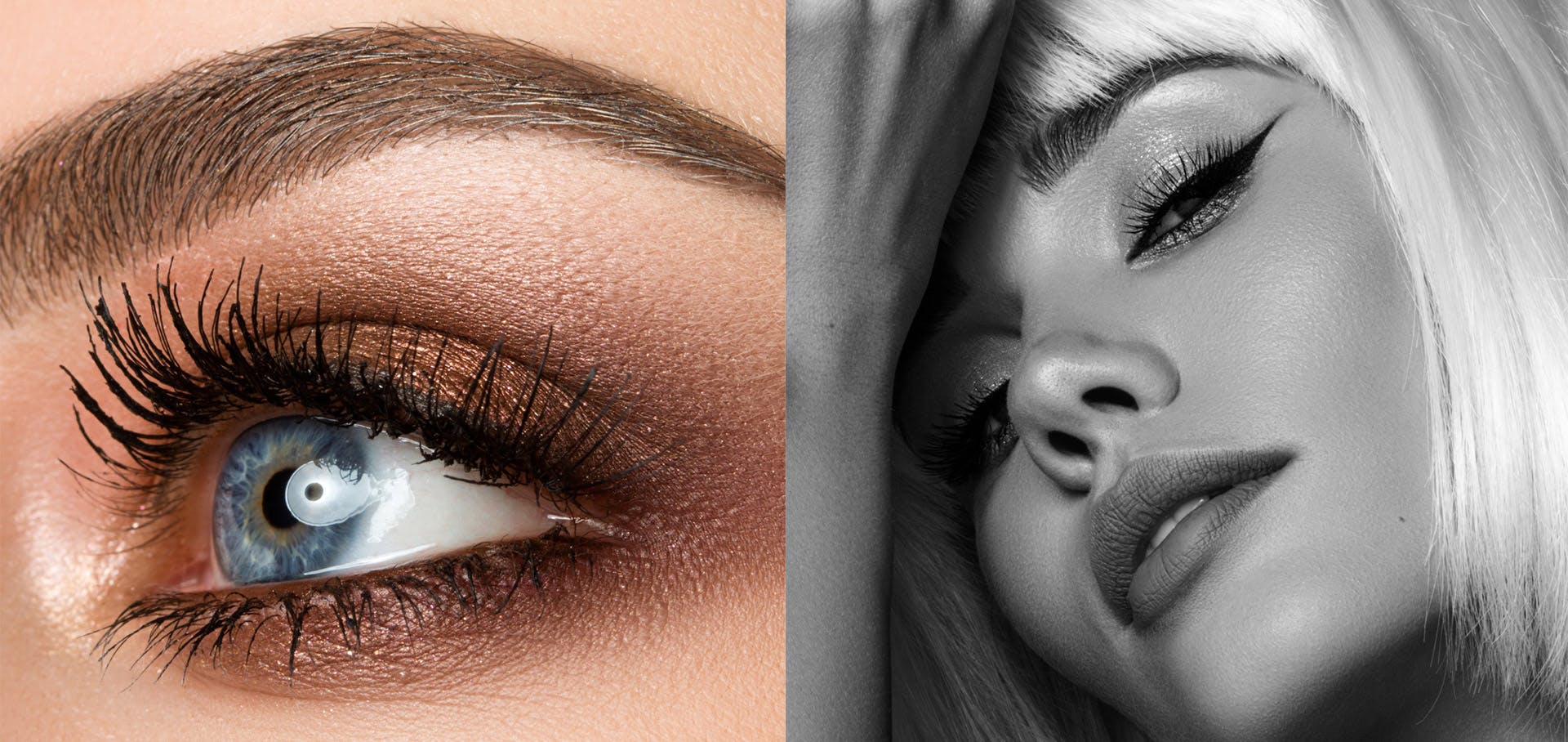As we age, cataracts become common as the eye lens's proteins deteriorate over time. This causes the proteins to clump together in different lens areas, leading to cloudy vision, halos around night lights, and duller colors.
At Soroudi Vision, we have extensive experience in cataract surgery in Glendale. If you are experiencing cataracts, we encourage you to schedule a consultation with us without delay.





